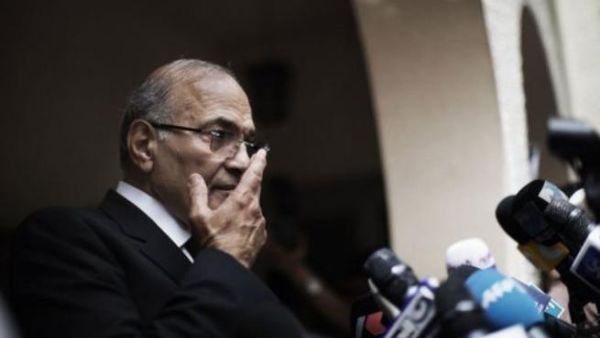The former Egyptian Prime Minister Ahmed Shafiq, one of two candidates in the second round of presidential elections scheduled for June 16 and 17, has denied accusations that he wants to re-establish the old regime. Responding to the attacks by the Muslim Brotherhood, Mr. Shafiq expressed his desire to build a civil, democratic, just and developed state, instead of leading the country to the "middle age," hinting to the vision of the Muslim Brotherhood.
The former air force commander said the Muslim Brotherhood have cooperated with the former regime. "We can remember that during the parliamentary elections, they agreed with the National Democratic Party (NDP, led by former President Hosni Mubarak) on the number of seats they could have," said Shafiq. He also pledged efforts to help farmers improve their lives and give young people a chance to participate in the revolutionary politics of the country.
In the second round of presidential elections, Mr. Shafiq, 71, Prime Minister from 31 January to 3 March 2011, will face Mohamed Morsi, candidate of the Party for Freedom and Justice (PLJ), the political wing of the Muslim Brotherhood.
Meanwhile, thousands of Egyptians held Sunday evening a protest in Cairo's Tahrir Square, the symbol of the 2011 revolution. Angry demonstrators also took to the streets of Alexandria and other cities in the country denouncing the verdicts in the trial of former President Hosni Mubarak. On Saturday, Mubarak and his former interior minister were sentenced to life imprisonment for their role in the deaths of nearly 850 protesters during the popular uprising that toppled the regime. On Sunday the Office of Attorney General said it would appeal the verdicts.







